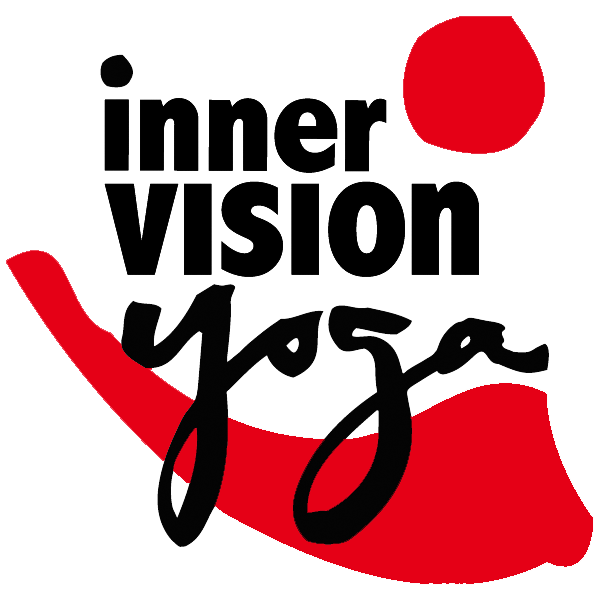Practice and Letting Go
abhyasa vairagyabhyam tannirodaha
“Effort and surrender cease the fluctuations of consciousness.”
With practice and letting go we achieve the state of yoga…
Once there was a seeker who went from master to master searching for the key to enlightenment. Every master he went to appeared to give him something different. The first master placed a 25lb piece of rose quartz on the student’s head and said “Go now into the world. You have your answer.” But the rock felt quite heavy, so the student went to a second teacher who looked at the rock and said, “No no no, that is not the whole story,” and proceeded to add a 10lb slab of silver on top of the boulder. The student left grateful for the more valuable teaching but still felt incomplete. “I will give you a still higher truth,” a third teacher said, placing a 5lb solid gold nugget on top of the Silver slab. The student continued on his way, carrying these higher and higher levels of truth on his head until, as Grace would have it, he stumbled across the path of a True Master. “Can you help me?” the student asked. The Master roared his laughter and in one swipe knocked the entire load off the student’s head. “Now” the Master said. “Only Now are you free.”
As Yogins it is important to remember that the practice of yoga is not an attaining or a collecting of physical or mental practices or a trying to get somewhere else. Yoga is a state of shedding, surrendering, a revealing of what is already there.
Since most of us are not born in the state of yoga, however, we must practice. But what is it that we are practicing? And how do we make sure that our practice is not just another way to bind ourselves to goals or results?
Patanjali reminds us that living in a state of yoga requires practice, or abhyasa: Abyasa-vairagyabhyam tan-nirodhah. But this practice is nothing without vairagyam or th eability to surrender the results. What does it mean to practice yoga? Yoga is a living practice that requires a deeper awareness in our lives. With regular practice, transformation naturally happens of its own accord like a ripe fruit falling from a tree. But to remain in that state of Yoga which is peace of mind also requires vairagya or non-attachment. To be non-attached to the fruits of our practice is a central teaching of Krisna in the Bhagavad Gitaand the key to ultimate freedom. Non-attachment occurs when the fundamental idea of “you”, of who you really are, begins to shift and your heart opens to life as it is in this moment. Practice and non -attachment together bring us into that state of Grace where we can really be present enough to give and feel love. With this love that grows from the seeds of awareness, clinging itself is released and suddenly the entire universe exists to set us free.
abhyasa vairagyabhyam tannirodaha
So if I practice yogasana will I get better health? A calmer mind? Lose weight? Get stronger? The mind lcan make a business transaction out of everything, even love. Perhaps you will receive all of these gifts of yoga with your practice but it will serve you well to remember that there is a deeper intention behind the practice of Yoga. There are moments when we see a radiant sunset, when we really see a child’s face or hear a transcendent piece of music that brings tears to our eyes. Within these moments the mind has stopped and we are not seeking or striving for anything. Awareness then blossoms into the present moment so that we may experience the bliss of just allowing ourselves to simply BE without attachment.
Patanjali might well have been smiling when he wrote about the at-first-glance opposing ideals of abhyasa and vairagya (practice and non-attachment). What he may have been really telling us is that the state of yoga is not to be attained by criticism or acceptance, struggle or relaxation, good intentions or greed for results. The deeper message is that your ego’s usual time-bound tactics and bargaining methods will not work here because the state of yoga is nevert somewhere in the future. It is an uncovering of That Which Already Is, here in the Now.
Jeff Martens is a teacher, writer and co-owner of Inner Vision Yoga. All suggestions are voluntary. Consult a qualified teacher or your physician before you embark on any practice in which you are unfamiliar.
Do you have a question you’d like to ask? e-mail us by clicking here.
